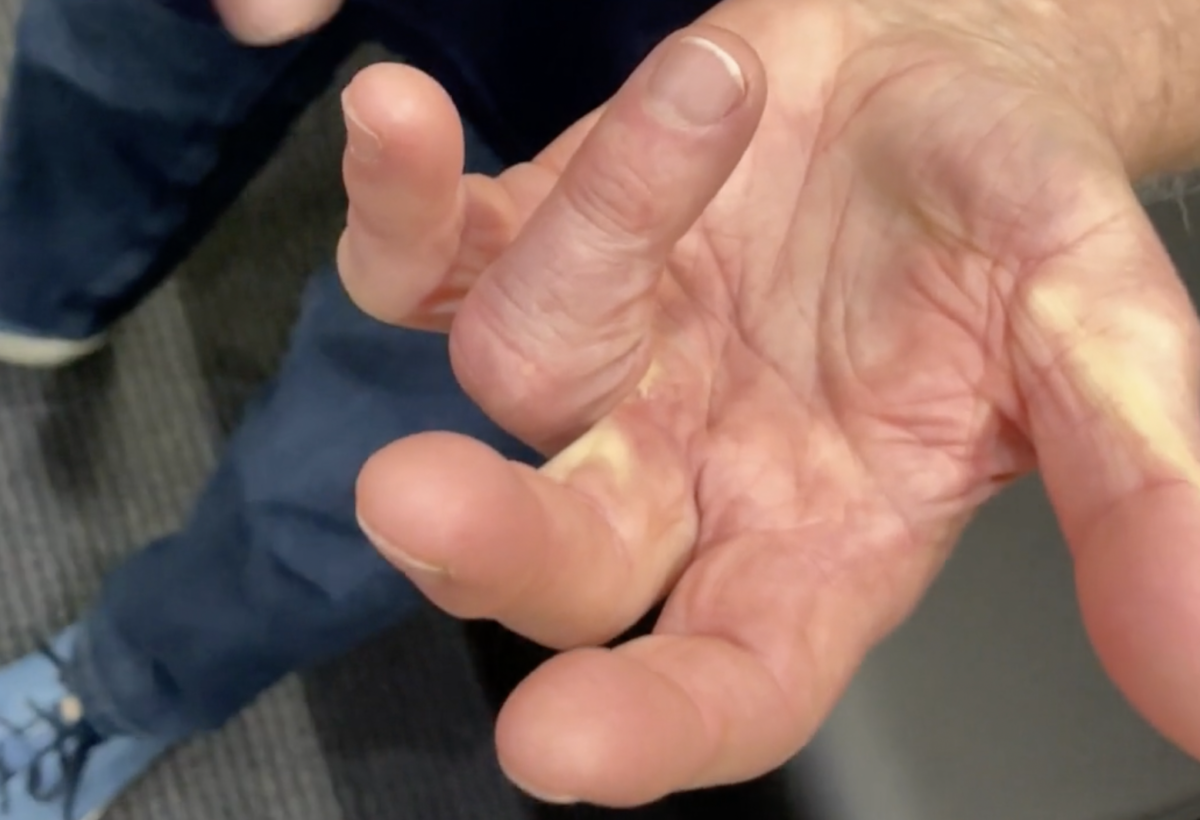Trigger finger, also known as stenosing tenosynovitis, is a common hand condition that can cause discomfort and limited mobility. It occurs when the tendons in your fingers become inflamed or swollen, making it difficult to straighten or bend the affected finger smoothly. Recognizing the symptoms of trigger finger and understanding the available medical treatment options is crucial for effective management. In this blog post, we will explore the symptoms of trigger finger and discuss various treatment options to help you make informed decisions regarding your hand health.
Understanding Trigger Finger Symptoms
- Finger Stiffness and Snapping Sensation
One of the primary symptoms of trigger finger is stiffness in the affected finger joint. You may notice resistance or a sensation of catching or snapping when trying to straighten or bend your finger. This is caused by the inflamed tendon passing through the narrowed tendon sheath.
- Finger Locking in a Bent Position
Trigger finger can cause your finger to lock in a bent position, making it challenging to straighten. You may experience a momentary “catch” or “pop” when attempting to extend the finger fully.
- Finger Pain and Tenderness
Pain and tenderness are common symptoms associated with trigger finger. The affected area may feel sore, particularly around the base of the affected finger.
- Swelling and Nodule Formation
In some cases, trigger finger may cause swelling and the formation of a small, tender nodule near the base of the affected finger. This nodule can be felt as a palpable lump.
Exploring Medical Treatment Options for Trigger Finger
Non-Surgical Approaches for Trigger Finger
- Rest and Activity Modification: Giving your finger rest and avoiding activities that exacerbate symptoms can help reduce inflammation and relieve discomfort.
- Splinting: Wearing a splint to immobilize the affected finger can help alleviate symptoms by reducing movement and providing support.
- Nonsteroidal Anti-Inflammatory Drugs (NSAIDs): Over-the-counter pain medications like ibuprofen or naproxen can help reduce inflammation and provide temporary relief.
- Hand Exercises: Performing gentle stretching and strengthening exercises prescribed by a healthcare professional can improve finger mobility and reduce symptoms.
- Corticosteroid Injections: Your trigger finger hand doctor may recommend a corticosteroid injection. This injection delivers a powerful anti-inflammatory medication directly into the affected area, reducing swelling and relieving symptoms. Multiple injections may be required, depending on the severity of your condition.
Surgical Intervention for Trigger Finger
If conservative measures and injections fail to provide long-term relief, surgical intervention may be necessary. The surgical procedure, known as a trigger finger release surgery, involves widening the constricted tendon sheath, allowing the tendon to glide freely. This can usually be performed on an outpatient basis, with a relatively quick recovery time.
Recognizing the symptoms of trigger finger and understanding the medical treatment options for trigger finger are essential for effectively managing this common hand condition. If you experience finger stiffness, a snapping sensation, finger locking, pain, tenderness, or swelling, it’s important to seek medical evaluation and diagnosis.
Non-surgical approaches such as rest, splinting, medication, and exercises are often effective in relieving symptoms. However, if conservative treatments prove inadequate, corticosteroid injections or trigger finger release surgery may be recommended to restore finger mobility and alleviate discomfort.
Remember, consulting with a healthcare professional such as Dr. Avery Arora, a top Michigan hand specialist, is crucial for accurate diagnosis and personalized treatment recommendations. They can guide you through the process, help educate you on your trigger finger treatment options, and provide appropriate care to ensure the best possible outcome for your hand health.
If you believe you may be experiencing symptoms of trigger finger, it may be time to get in touch with top MI hand surgeon Dr. Avery Arora. You can schedule an appointment at one of his four offices in West Bloomfield, Warren, Macomb, or Howell, Michigan.













